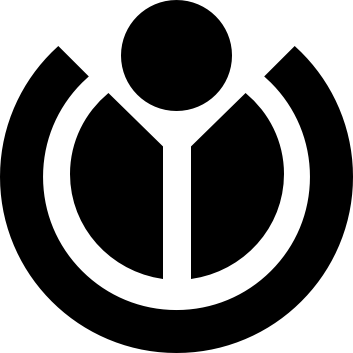
This post was written by Dr Stephanie Wyse from the Royal Geographical Society (User:Stephaniejwyse)
The geographers who joined in a Wikimedia UK workshop at the Royal Geographical Society (with the Institute of British Geographers) in early July found out how Wikipedia can help them to develop their communication skills, enhance their teaching practice and have fun at the same time.
The RGS-IBG hosted the workshop to help break down the common misconceptions held by researchers and tutors about Wikipedia and to share ideas for using it as a teaching and research tool. Used as a springboard for further investigation, students (and researchers!) can be encouraged to explore new and interesting avenues of research while developing their digital literacy, online research and critical thinking skills, especially their ability to distinguish reliable sources of information. We all use Wikipedia in some way – this was an opportunity to think more about how and why.
On the flipside, academics are often accused of being out of touch and not practising enough public engagement. By engaging with Wikipedia, geographers can help to improve the quality of geographical knowledge on the web, and build awareness of geography’s contributions to the world.
The workshop helped to alleviate some of the common barriers – “I don’t know how”, “I’m overwhelmed by the size of it” and “I’m not enough of an expert” – by walking the group through the steps for becoming an editor and encouraging them to contribute to something they were interested in.
That’s the beautiful simplicity of Wikipedia – there’s something for everyone, somewhere.
Top tips for researchers working with Wikipedia:
Read up on Wikipedia etiquette, and don’t be afraid to ask for help
Why not bookmark the New contributors’ help page, a guide to Wikipedia etiquette, and the Wikipedia Manual of Style. When you need help, use the Teahouse to get quick and friendly assistance from other editors, or add {{helpme}} to your talk page.
Use watchlists and project pages to keep up to date with your interests
You can watch pages (via your watchlist) to keep track of and react to what’s happening with pages you have created or are interested in. You can join WikiProjects to work with a team of contributors working on a specific topic area of task, and help to highlight areas where contributor input is needed – geographers can get started with the geographical or geosciences projects.
Find articles that could benefit from your expertise, but don’t practice self-promotion
Researchers are uniquely placed to help add citations and information around their thematic research areas — just remember the etiquette and rules around neutrality and verifiability (reliable, published sources – no citing of original research).
Engage with Wikimedia UK – there’s training, advice and support available
Wikimania 2014 is a great starting point for finding out what’s new in the world of all things wiki, and includes a dedicated pre-event for educators and those interested in working with Wikipedia on their campus. There’s also a great booklet with case studies on how universities are using Wikipedia in their teaching.
Don’t get overwhelmed and don’t get isolated
Wikipedia is a collective effort – share the workload. You aren’t personally responsible for the world’s knowledge, and you need to work alongside other editors for Wikipedia to achieve its goals. Try not to be anonymous – if people know who you are and what you’re interested in, you’ll fit into the community more quickly.






